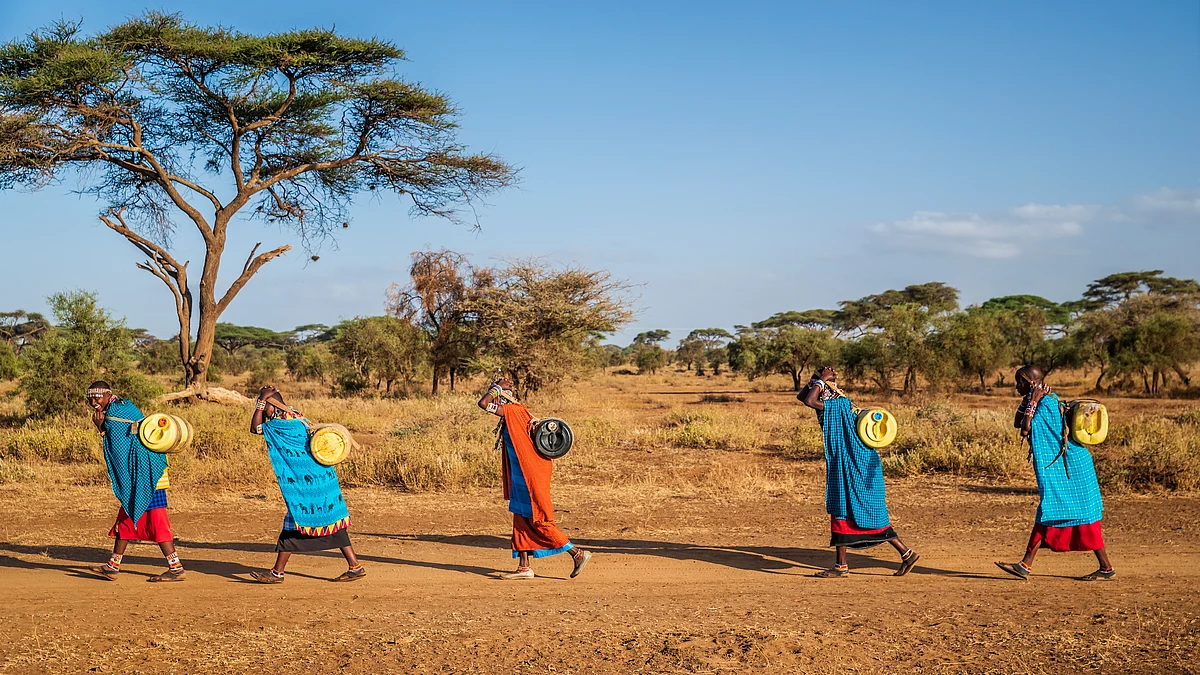By DTE Staff
Fifteen years after its founding, United Nations agency UN Women has warned of a global rollback in gender equality, citing a rise in violence against women, deepening poverty and increasing exclusion from peace processes and digital spaces. The agency called for urgent, systemic action to counter what it described as “a historic and precarious moment” for women’s rights worldwide.The event, held ahead of the 30th anniversary of the Beijing Declaration and the 25th year of UN Security Council Resolution 1325 on women, peace and security, sought to re-centre gender equality within global political and development agendas. According to the agency’s latest data, nearly one in four countries is experiencing a backlash against women’s rights, while gender-based violence, digital exclusion and economic insecurity are all on the rise. A global survey conducted in March 2025 found a 60 per cent increase in public concern about stagnating progress.“Progress cannot be taken for granted,” the agency said in a statement..Erased from public life: Afghan women face one of the world’s deepest gender crisis, finds UN .Rising violence, shrinking space.The figures are stark. In 2023 alone, 85,000 women and girls were killed intentionally, many by intimate partners or family members. Meanwhile, over 600 million women and girls are now living within 50 kilometres of a conflict zone, a 50 per cent increase in a decade. Despite evidence that peace processes are more durable when women are involved, the agency reported that 80 per cent of peace talks between 2020 and 2023 excluded women entirely.UN Women urged for binding commitments from governments to strengthen protections, increase investment in peacebuilding and dismantle discriminatory legal frameworks that restrict women’s participation in economic and political life.Despite comprising a third of the global agricultural workforce, women are disproportionately affected by food insecurity, with nearly 48 million more women than men going hungry. The agency also warned that the digital divide remains wide; in 2024, 277 million more men than women accessed the internet.“If the digital gender gap persists, low and middle income countries stand to lose $500 billion in income over the next five years,” the UN press note said.Efforts to close the gap must address not only infrastructure and affordability, but also online abuse, surveillance and structural barriers in science and technology sectors, the agency said.The report also highlighted persistent educational and health inequities. Over 119 million girls remain out of school, while nearly 800 women die every day from preventable pregnancy-related causes, most in conflict-affected areas.Expansion of social protection systems, targeted educational policies and increased funding for sexual and reproductive health services is urgently needed, the statement added..Africa still far from achieving gender equality: Analysis.15 actions for the next 15 years.To respond to the crisis, the agency outlined a 15-point plan covering legal reforms, economic empowerment, climate action, gender-responsive governance and financing for equality. Among the proposals are closing the gender pay gap, introducing quotas to boost political representation and scaling up care infrastructure to relieve the disproportionate burden of unpaid work borne by women.Currently, women perform 2.5 times more unpaid care work than men, which limits their access to paid employment and opportunities. The agency estimated that investing in care jobs could create nearly 300 million new roles by 2035.Despite repeated commitments to gender equality under the UN’s Sustainable Development Goals, only four per cent of development assistance is currently directed towards programmes where gender equality is a principal objective..Read all the news related to governance in Hindi
